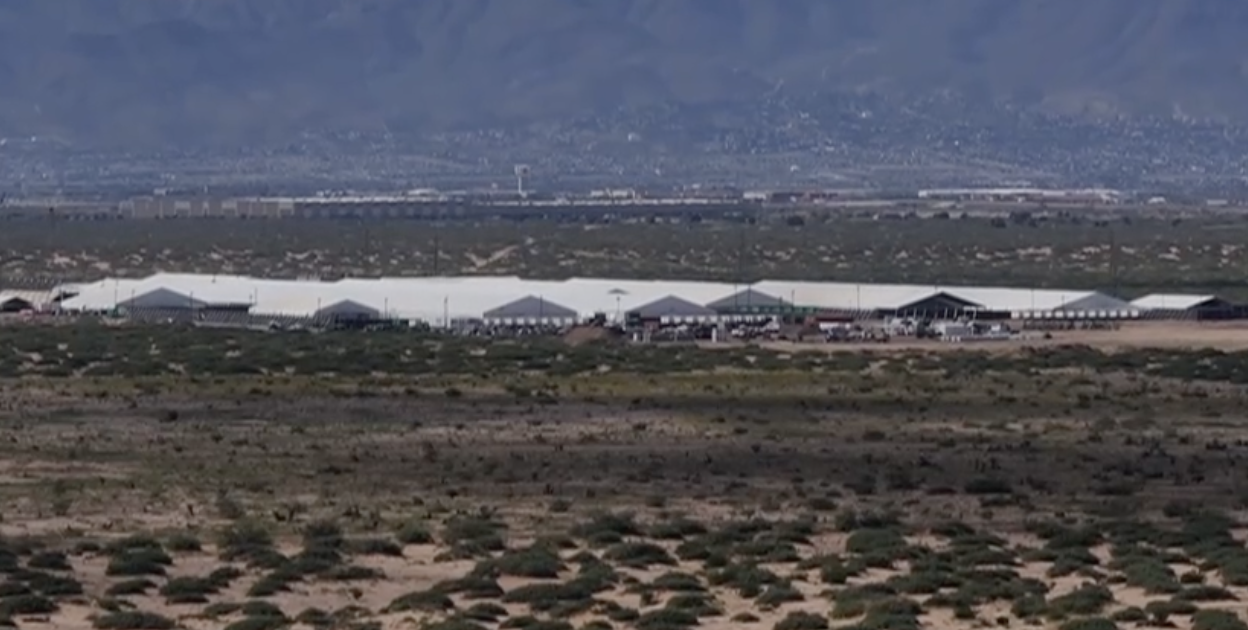News 5 Cleveland Investigators and Scripps News have conducted the first independent survey of the people of East Palestine after a toxic train derailment upended the lives of thousands in that community five weeks ago. Residents say they're dealing with ongoing physical, emotional and mental stress, as well as a lack of trust that extends all the way to the water in their own homes.
Train whistles bring back memories to Feb. 3, when a Norfolk Southern freight train derailed with hazardous vinyl chloride on board.
“It’s alright, I got it,” said John McGonigal as he fought off tears while speaking with News 5 Investigator Tara Morgan.
McGonigal expressed concern about the future of the town’s youngest residents. “We don't know what’s going to happen to them — just sad,” he said.
News 5 and Scripps News set out on foot on the streets of East Palestine. We fanned out in pairs downtown and in neighborhoods over 48 hours and talked with more than 100 people.
We asked if they would take part in a community survey, in part, about the response to the train derailment. What we found was overwhelming dissatisfaction with the response by Norfolk Southern and the EPA.
“Yeah, and the government as far as I’m concerned, they tried; it's just a bigger job than what they’re looking at,” McGonigal said.
Our survey showed the state of Ohio and local governments got more favorable responses.

“I’m not satisfied with any of this stuff,” Cindy Kennedy said.
We also asked whether people thought their water was safe to drink. Despite federal and state leaders saying it is, and Gov. Mike DeWine and the EPA Chief Michael Regan drinking from the tap last month, 70% of respondents said they are not using tap water.

“No, we all drink water, bottled water, and then cook with it also,” Kennedy said.
“I won’t; we go get bottled water all the time,” McGonigal said.
As far as the impact on people’s physical health, more than half said their health has been impacted, with headaches topping the list, followed by cough and nausea.

“I believe that I’ve had a sinus headache ever since it all went down,” McGonigal said.
He’s not alone – other residents are experiencing other symptoms.

“Well, I have a rash on my back. I've been fighting since the second day of the derailment,” Walter Mead said.
Mead has a wife and seven children to worry about, including a daughter with epilepsy.
“People’s stress and anxiety is sky high, and I can see why,” Mead said.
Our survey showed 60% said that yes, they have had mental health impacts since the derailment, and 40% said no, they haven't.

Of those who said their mental health has been impacted, words like "anxiety," "stress" and "PTSD" occurred most frequently in their written responses.
“I don’t want my kids to go near the park and the creek,” Mead said.
Mead said East Palestine Park has been such a central part of family life there, a space for everything from soccer to football and fireworks. Now, that may end.
Mead shared pictures of happier times with his children there.
“That bottom field where it got flooded over — I would never let my grandson, who I have custody of, play on that field until that soil was tested,” Mead said.
Mead and others just want answers, and some just don’t trust they will ever get them.
“I don’t think we’ll ever hear what we want to hear,” McGonigal said.
The News 5/Scripps News community survey asked more questions about the financial impact and whether people think their animals have gotten sick from the derailment and chemical burn. We plan to expand on those answers in another story, but you can see those results and more from our survey here.










